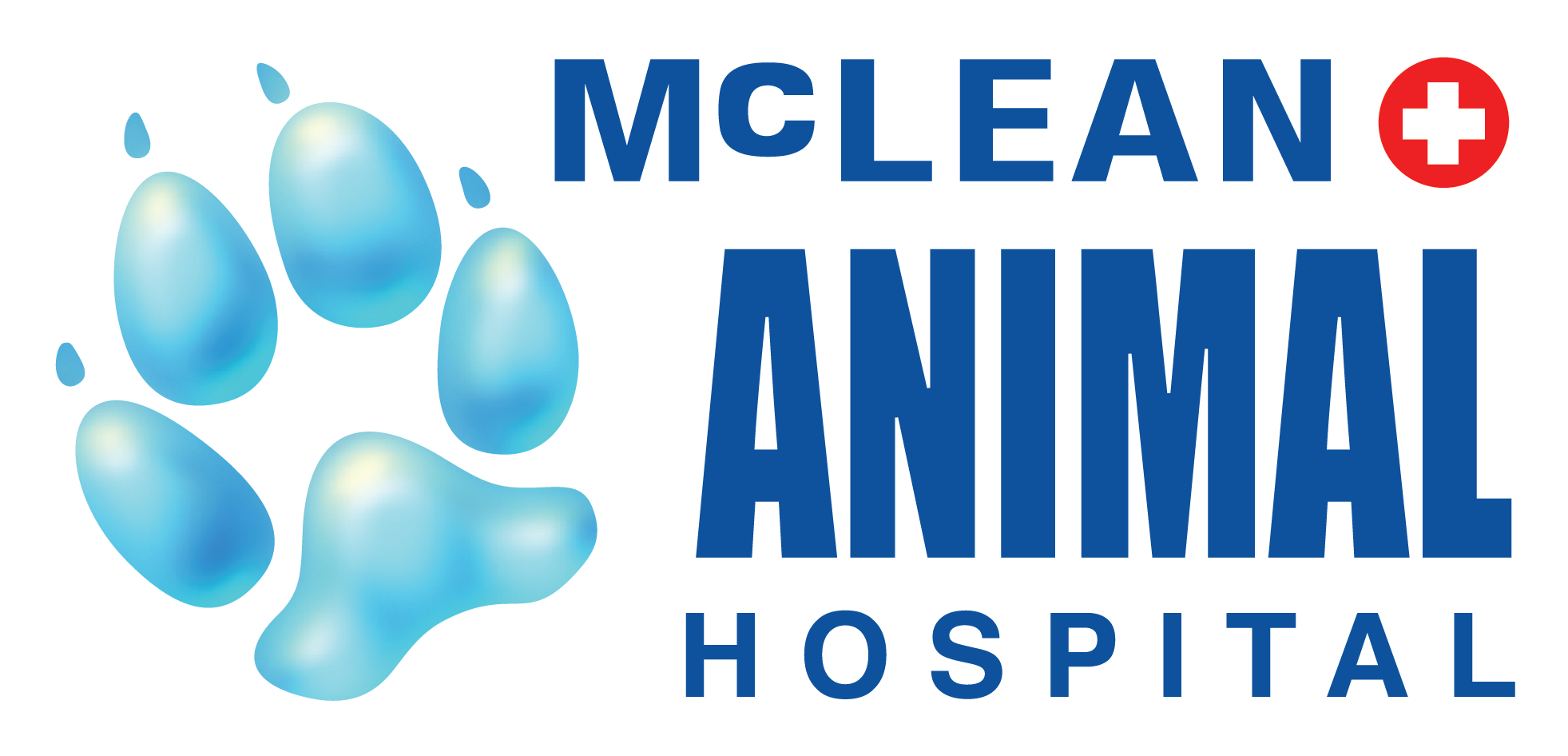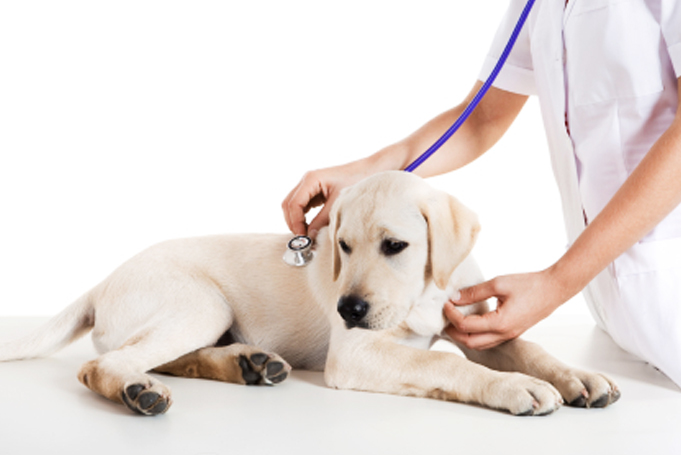I am often asked during a puppy and kitten examination, whether or not to spay or neuter a pet. Although the decision can be a difficult one, it is often the most important medical decision a pet parent must consider during their pet’s early life. My recommendation for pet parents is all puppies and kittens should be spayed or neutered if breeding their furry family member is not an option.
Why do pet owners hesitate to spay or neuter their pet? The answers I usually receive are; they fear anesthesia, pet parents are afraid of a behavioural change and the possibility of excess weight gain following surgery.
The risk of anesthesia is a valid concern and it is one that our team at Mclean Animal Hospital considers very seriously. Since there is always a risk of anesthetic complications with any surgical procedure, I strongly recommend all pets have a thorough examination performed prior to surgery (within 2 months) by their veterinarian and pre-anesthetic bloodwork completed (within 3 months) to assess kidneys and liver function and to determine if anemia or an infection is present. The results of a pre-anesthetic blood panel is imperative for veterinarians to choose the appropriate anesthetic protocol as well as determining if our patients have conditions that must be addressed prior to anesthesia. If we do not have concerns after performing a physical examination and pre-anesthetic bloodwork is normal, a patient is considered at low risk for anesthetic complications and surgery can be performed safely.
Many pet owners fear a behavioural change or weight gain following spaying or neutering. The truth is, a change in behaviour and weight gain is more likely the result of several factors. Such factors include decreased exercise (which we are all guilty of during cold winter months), decreased socialization, laxity in training and increase in caloric intake, whether through feeding an inappropriate diet for the life stage of a pet or by feeding too much of a diet or treats. There are many health benefits to sterilization, these include; reduced risk of life threatening mammary neoplasia, uterine infections and painful prostatic diseases. Many of these illnesses are preventable from spaying or neutering our puppies and kittens and all these conditions are extremely painful, usually life threatening and treatment is expensive. An ounce of prevention is really worth a pound of cure when it comes to spaying and neutering our furry companions!
Having a pet is very rewarding and sometimes we face challenging decisions regarding their health. As pet parents we all want to do the right thing and this should start by speaking to your veterinarian about any concerns. At McLean Animal Hospital, our team looks forward to answering your questions and we encourage pet owners to meet our veterinarians whenever possible.




